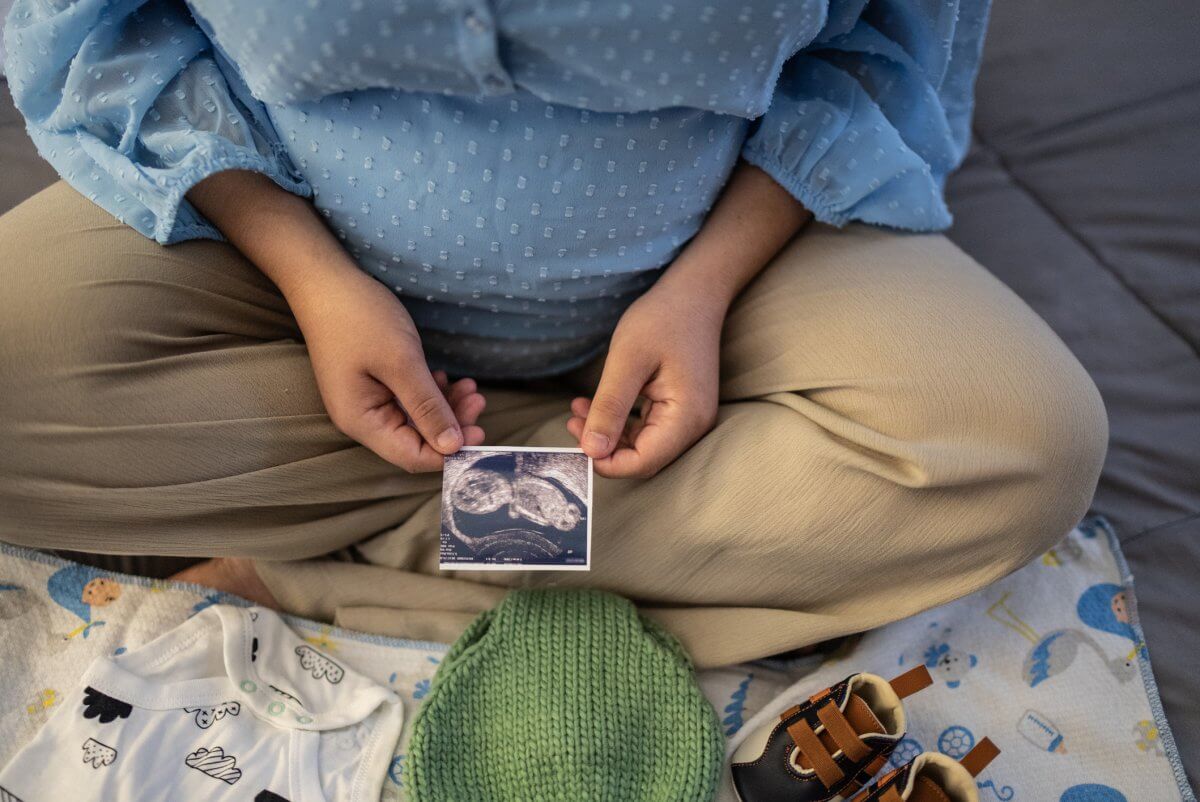Many people have questions about how a surrogate gets pregnant and the biology associated between the surrogate mother and the child. We are here to dispute any concerns you may have about the process and explain how you will share DNA with your child.
If you have specific questions, contact us today. We know the process of having a baby is an important and heartfelt journey. Your own path to becoming a parent is deeply personal and our surrogacy specialists are ready to help.
Common Myths About Surrogacy And DNA
Myth #1: The child will share DNA with the surrogate.
No, your child will not share DNA with the surrogate mother. The surrogate mother is solely carrying the embryo to term. The embryo will be created through IVF at a fertility clinic before being implanted in the surrogate.
Myth #2: Surrogacy involves intercourse.
No. Surrogacy will never involve intercourse. The father of the child and the surrogate will not have intercourse to become pregnant. The whole process of pregnancy is achieved through IVF, which will be conducted at a trusted fertility clinic.
Myth #3: The gestational surrogate will grow attached and want to keep the baby.
Your surrogate will fully understand the scope of surrogacy. While surrogacy is an emotional process, the legal process helps protect everyone’s rights throughout the surrogacy. You will not have to worry about your legal right to your child.
Surrogacy and the IVF Process
The IVF process involves taking an egg from the intended mother or egg donor, and fertilizing it with the sperm from the intended father or sperm donor. You will decide whether you are using our own egg and sperm, or whether it will be more beneficial to use a donor’s. This will be something you determine in your surrogacy plan with your surrogacy specialist.
The whole IVF process is done in three steps.
Step 1: Egg Donation – A few eggs are extracted from the intended mother or an egg donor.
Step 2: Fertilization – The eggs are then fertilized with the intended father’s sperm or a donor’s in a lab to create the embryos.
Step 3: Embryo Transfer – Leading up to the step, the surrogate will take fertility drugs to prepare her body for the embryo transfer. Once an embryo has been created, it is then transferred to the surrogate’s uterus through a simple procedure at a fertility clinic.
Whether you are using your own egg and sperm or a donor’s will determine whether you are biologically related to your child. No matter which route you choose, your gestational surrogate will never share DNA with your child. Many people choose to go through surrogacy over other options like adoption because it means they will have a biological connection to their child. This is another topic to discuss with you surrogacy specialist as you are creating your plan.
Begin Your Journey to Parenthood
The journey to parenthood can be hard, and if you have come to surrogacy, we know you have likely been down a long road. We are ready to help you begin the surrogacy process today.
